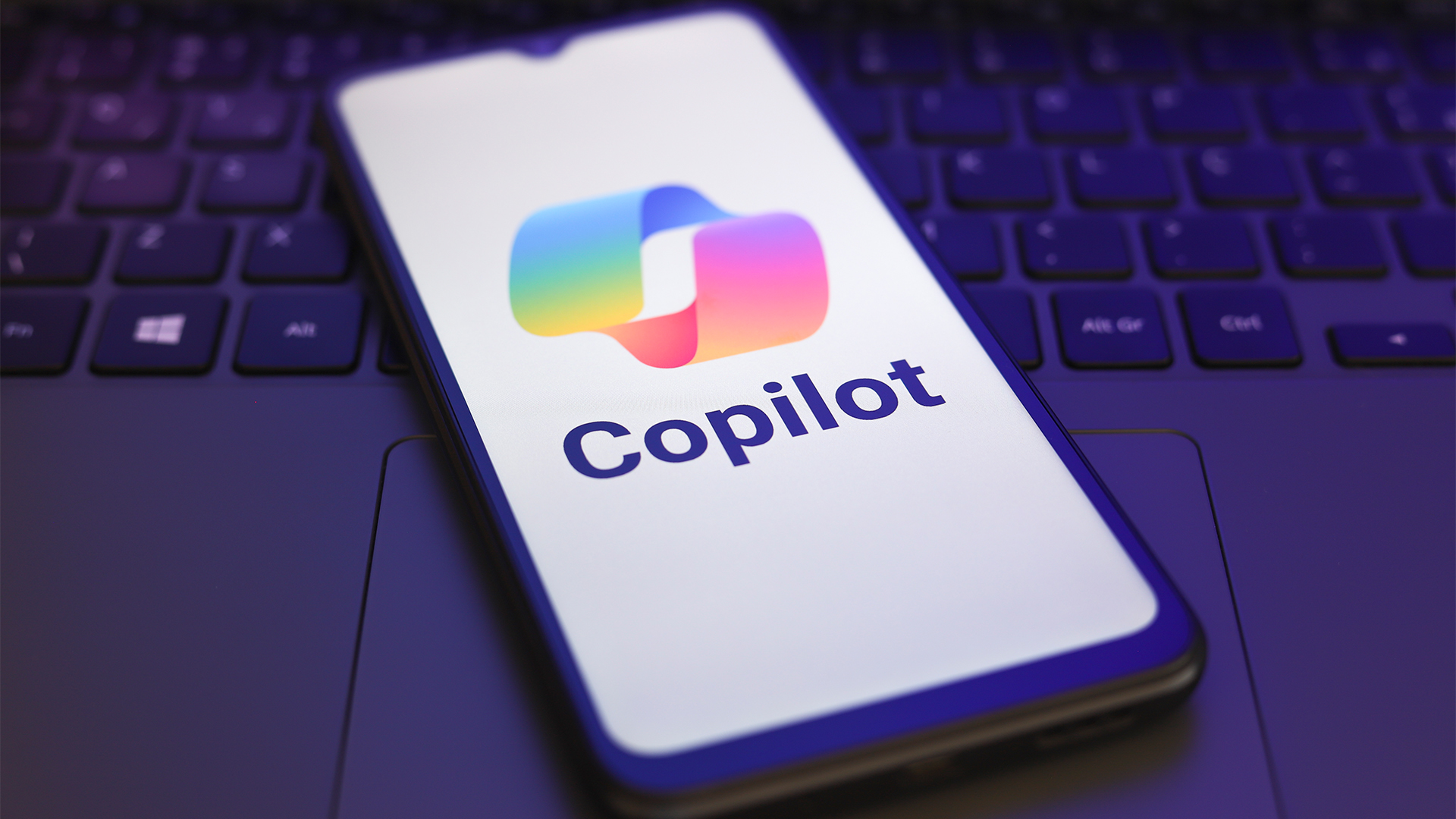Almost a third of workers are covertly using AI at work – here’s why that’s a terrible idea
Employers need to get wise to the use of unauthorized AI tools and tighten up policies


Almost half of office workers say they're using AI tools that aren't provided by their employer, with nearly a third keeping it a secret.
For 36%, the reason is that they feel it gives them a secret advantage, while three-in-ten worry their job may be cut. More than a quarter say they're suffering from AI-fueled imposter syndrome, saying they don’t want people to question their ability.
Findings from Ivanti's 2025 Technology at Work Report: Reshaping Flexible Work show that the use of AI at work is rising, with 42% of employees now using the technology in their daily workflow in 2025.
This, the study noted, marks a significant increase compared to the year prior, in which just one-quarter said they use AI in their role.
IT professionals are even keener on AI, with three-quarters using it. But even though they'd be expected to be more aware of the security risks, 38% are still using unauthorized tools.
This growing trend of covert AI use is a serious cause for concern, Ivanti noted, and as such bosses need to begin cracking down on the practice.
"Employees are using AI tools without their bosses' knowledge to boost productivity. It is crucial for employers to assume this is happening, regardless of any restrictions, and to assess the use of AI to ensure it complies with their security and governance standards," said Brooke Johnson, Ivanti chief legal counsel and SVP of HR and security.
Get the ITPro daily newsletter
Sign up today and you will receive a free copy of our Future Focus 2025 report - the leading guidance on AI, cybersecurity and other IT challenges as per 700+ senior executives
"Employees adopting this technology without proper guidelines or approval could be fueling threat actors, violating company contracts, and risking valuable company IP."
Shadow AI could cause a security disaster
Ivanti warned that the use of unauthorized AI tools at work is putting many organizations at risk - and it isn’t the only study in the last year to emphasize the dangers.
Research from Veritas Technologies, for example, found that 38% of UK office workers said that they or a colleague had fed an LLM sensitive information such as customer financial data.
However, six-in-ten failed to realize that this could result in the leaking of confidential information and breach data privacy compliance regulations.
Meanwhile, analysis from BCS last year warned that staff using non-approved tools risk breaching data privacy rules, exposing themselves to potential security vulnerabilities, and even falling foul of intellectual property rights.
"To mitigate these risks, organizations should implement clear policies and guidelines for the use of AI tools, along with regular training sessions to educate employees on the potential security and ethical implications," said Johnson.
"By fostering an open dialogue, employers can encourage transparency and collaboration, ensuring that the benefits of AI are harnessed safely and effectively."
A raft of major firms have already cracked down on the use of AI at work, most notably Apple, which implemented strict controls on the use of ChatGPT not long after it launched in late 2022.
Amazon and JP Morgan also implemented similar policies while Samsung took drastic action after discovering an accidental leak of sensitive information by an engineer who uploaded code to the popular chatbot.
But it's not just a question of policies, said Johnson. Indeed, organizations need to do more to monitor whether they're actually being implemented.
"Employees are using AI tools without their bosses' knowledge to boost productivity," she said.
"It is crucial for employers to assume this is happening, regardless of any restrictions, and to assess the use of AI to ensure it complies with their security and governance standards."
MORE FROM ITPRO
Emma Woollacott is a freelance journalist writing for publications including the BBC, Private Eye, Forbes, Raconteur and specialist technology titles.
-
 Employee phishing training is working – but don’t get complacent
Employee phishing training is working – but don’t get complacentNews Educating staff on how to avoid phishing attacks can cut the rate by 80%
-
 Cloud adoption isn’t all it’s cut out to be as enterprises report growing dissatisfaction
Cloud adoption isn’t all it’s cut out to be as enterprises report growing dissatisfactionNews New research from Gartner suggests a significant portion of enterprises will experience ‘dissatisfaction’ in their cloud journey in the coming years.
-
 Foreign AI model launches may have improved trust in US AI developers, says Mandiant CTO – as he warns Chinese cyber attacks are at an “unprecedented level”
Foreign AI model launches may have improved trust in US AI developers, says Mandiant CTO – as he warns Chinese cyber attacks are at an “unprecedented level”News Concerns about enterprise AI deployments have faded due to greater understanding of the technology and negative examples in the international community, according to Mandiant CTO Charles Carmakal.
-
 Security experts issue warning over the rise of 'gray bot' AI web scrapers
Security experts issue warning over the rise of 'gray bot' AI web scrapersNews While not malicious, the bots can overwhelm web applications in a way similar to bad actors
-
 Law enforcement needs to fight fire with fire on AI threats
Law enforcement needs to fight fire with fire on AI threatsNews UK law enforcement agencies have been urged to employ a more proactive approach to AI-related cyber crime as threats posed by the technology accelerate.
-
 OpenAI announces five-fold increase in bug bounty reward
OpenAI announces five-fold increase in bug bounty rewardNews OpenAI has announced a slew of new cybersecurity initiatives, including a 500% increase to the maximum award for its bug bounty program.
-
 Hackers are turning to AI tools to reverse engineer millions of apps – and it’s causing havoc for security professionals
Hackers are turning to AI tools to reverse engineer millions of apps – and it’s causing havoc for security professionalsNews A marked surge in attacks on client-side apps could be due to the growing use of AI tools among cyber criminals, according to new research.
-
 Multichannel attacks are becoming a serious threat for enterprises – and AI is fueling the surge
Multichannel attacks are becoming a serious threat for enterprises – and AI is fueling the surgeNews Organizations are seeing a steep rise in multichannel attacks fueled in part by an uptick in AI cyber crime, new research from SoSafe has found.
-
 12,000 API keys and passwords were found in a popular AI training dataset – experts say the issue is down to poor identity management
12,000 API keys and passwords were found in a popular AI training dataset – experts say the issue is down to poor identity managementAnalysis The discovery of almost 12,000 secrets in the archive of a popular AI training dataset is the result of the industry’s inability to keep up with the complexities of machine-machine authentication.
-
 Microsoft is increasing payouts for its Copilot bug bounty program
Microsoft is increasing payouts for its Copilot bug bounty programNews Microsoft has expanded the bug bounty program for its Copilot lineup, boosting payouts and adding coverage of WhatsApp and Telegram tools.